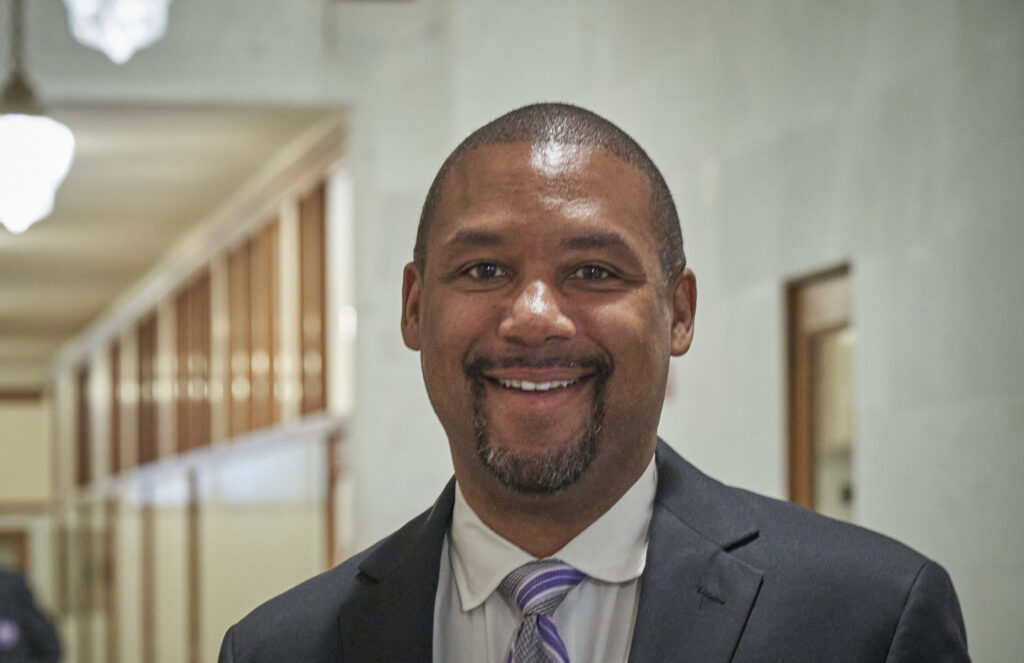The San Francisco supervisors, who just approved a $25 million supplemental appropriation for police overtime, won’t consider until late June a $10 million supplemental to fund three new employees and a few pilot projects to begin implementing the recommendations of the African American Reparations Advisory Committee.
Sup. Shamann Walton initially requested a $50 million supplemental, but told the Budget and Appropriations Committee Friday that he would reduce that request to $10 million.
The Office of the Budget and Legislative Analyst, and the director of the Human Rights Commission, said it would take no more than $2 million to $3 million to create an agency to begin analyzing and preparing for the implementation of some of the committee’s 111 recommendations.

So while Walton sought enough money to make a significant start on the proposals, he said he was really looking to make sure that something actually happens.
As Eric McDonnell, chair of the committee, told the supes, it’s critical that the city provides “sufficient resources to implement the recommendations … if there is no capacity, then you relegate the hard work of the committee to stacks of prior reports that go nowhere.”
Walton played clips of every one of the 11 supes endorsing the committee’s draft report.
Several members of the committee, including Chair Connie Chan, pointed out that the mayor has refused at this point to endorse the reparations report. She asked Anna Duning, the mayor’s budget director, if there was any money in the proposed budget for anything directly related to reparations.
“In the mayor’s proposed budget there is no proposed funding for an office of reparations,” she said. “The mayor’s priorities are to fund the Dreamkeeper Initiative.”
Numerous speakers, including McDonnell, made clear that the Dreamkeeper Initiative is not a part of any reparations plan, and is a totally different approach.
So, Chan said, even if the supes appropriate money for a reparations office—even at a very low level—the mayor likely won’t spend the money, and nothing will happen.
That’s the frustration that a lot of the supes have been feeling in the past two years or so: Breed consistently refuses to spend money on programs she doesn’t like, even if the board funds those programs. “The power to expend money does not rest with this board,” Sup. Ahsha Safai said. “It rests with the mayor … 90 percent of the power in this city rests with the mayor.”
That conflicts pretty dramatically with a media narrative that blames progressives, who have had a shaky majority on the board, for everything that’s wrong in the city.
Back to the issue at hand.
All of the Budget and Appropriations Committee members said they think the city should find some funding for an office to begin implementing some of the recommendations. But other than Walton (and Sup. Hillary Ronen, who was excused and not present) they all said that should be done as part of the normal budget negotiations, which are underway now.
Mandelman, for example, said: “I hope that in the context of the budget negotiations we can find a place for reparations to live. It probably can’t be $50 million.”
Safai talked a lot of about how the “conversation” was important and should continue.
Walton offered an amendment to change the supplemental to $10 million, and move it to the full board. That motion died for lack of a second.
Then Chan moved to continue the issue to the call of the chair, and at Safai’s request, changed that to June 28—at which point the budget negotiations will be more clear.
On roll call, Chan, Mandelman, and Safai voted Yes.
Walton voted “Hell No.”




